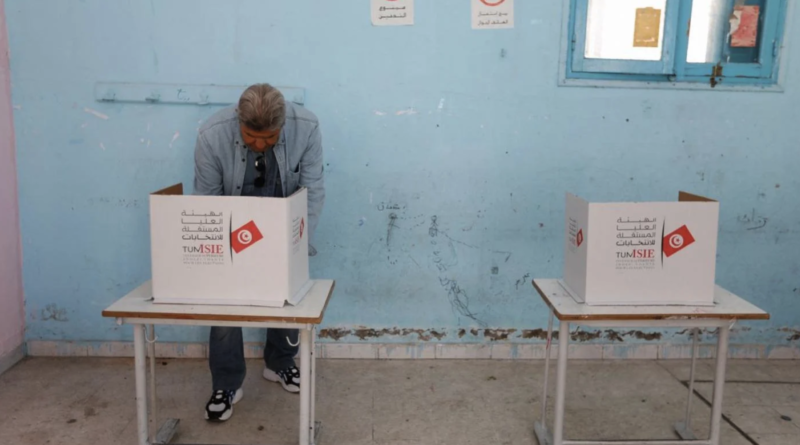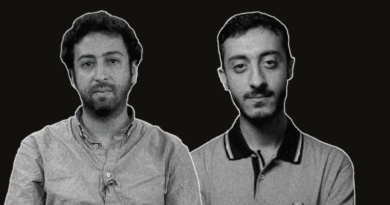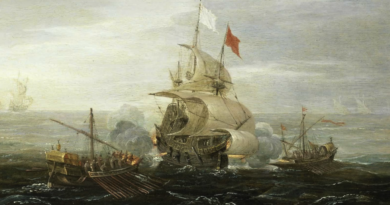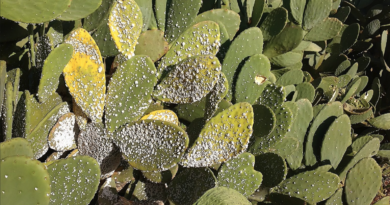Saied facing pressure after low election turnout
At a time of soaring inflation and economic crisis, Tunisians on Saturday went to the polls to elect a new parliament. This despite huge concerns of democracy setbacks in the North African country, the starting point of the so-called Arab Spring a decade ago.
Opposition parties boycotted the polls accusing President Kais Saied’s plans to consolidate power.
After the polls closed, the voter turnout appeared lower than in previous legislative elections in 2014 and 2019.
Farouk Bouaskar, president of Tunisia’s Election Authority, said Saturday night that the turnout was astonishingly low and stood at 8.8 percent. Of 9 million registered voters, only some 800,000 cast ballots, Bouaskar said.
Tunisia’s democracy crisis
In a referendum in July, Tunisians approved a constitution that gives more executive powers to the president. Saied, who spearheaded the project and wrote the text himself, made full use of the mandate in September, changing the electoral law to diminish the role of political parties. This comes after he suspended the parliament in December 13, 2021 and calling for a referendum.
The new law reduces the number of member of the lower house of parliament from 217 to 161, who are now to be elected directly instead of via a party list.
Critics say the electoral law reforms have hit women particularly hard. Only 127 women are among the 1,055 candidates running in Saturday’s election.
Saied’s critics accuse him of endangering the democratic process. But many others believe that scrapping the party lists puts individuals ahead of political parties and will improve elected officials’ accountability.
The Tunisian government is deeply indebted and chronically short of funds to pay for badly needed food and energy.
Many believe their country’s decade-old democratic revolution has failed, a decade after Tunisia was the only nation to emerge from the Arab Spring protests with a democratic government.
The vote comes on the 12th anniversary of the event that sparked the Arab Spring.



